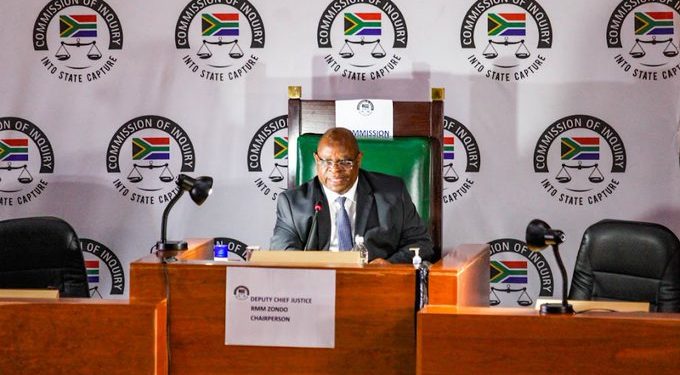The State Capture Inquiry, once heralded as a cornerstone of justice and accountability in South Africa, is now mired in controversy. Justice Raymond Zondo, who chaired the commission, has admitted that key evidence presented during its proceedings was flawed — specifically, the claim that R9 billion was missing. This revelation has triggered outrage and raised serious doubts about the validity of other evidence and conclusions reached by the commission.
The admission has cast a pall over the entire process, which has already faced accusations of bias and political manipulation. Former President Jacob Zuma, who famously refused to testify before the commission and was jailed for contempt of court, appears vindicated in his assertions that the inquiry was fundamentally flawed.
Justice Zondo’s acknowledgment raises a pressing question: was the error an honest oversight, or was the evidence deliberately falsified? If the latter proves true, it could unleash a legal and political storm, with potential challenges to the commission’s findings and the reputations of those involved.
Legal experts have expressed concern over the implications of Zondo’s admission. “The credibility of any judicial process hinges on the accuracy and impartiality of its evidence. An error of this magnitude is deeply troubling,” stated a senior legal analyst.
Supporters of Zuma and critics of the inquiry are now calling for Justice Zondo to be held accountable. They argue that the commission’s findings were weaponized to discredit political figures and advance specific agendas under the guise of pursuing justice.
“Justice Zondo must face the consequences for misleading the nation and damaging reputations. This is exactly why President Zuma refused to cooperate—he recognized the inquiry’s flawed nature,” said a prominent ally of Zuma.
The revelation has shaken the public’s confidence in the State Capture Inquiry. If one major piece of evidence was inaccurate, it raises questions about the reliability of other findings. This development may further erode trust in commissions of inquiry, institutions meant to uphold transparency and justice.
As the fallout continues, South Africans are left questioning the integrity of the process and its outcomes. Is this a reckoning for the inquiry itself? One thing is certain: the call for accountability is louder than ever.






















